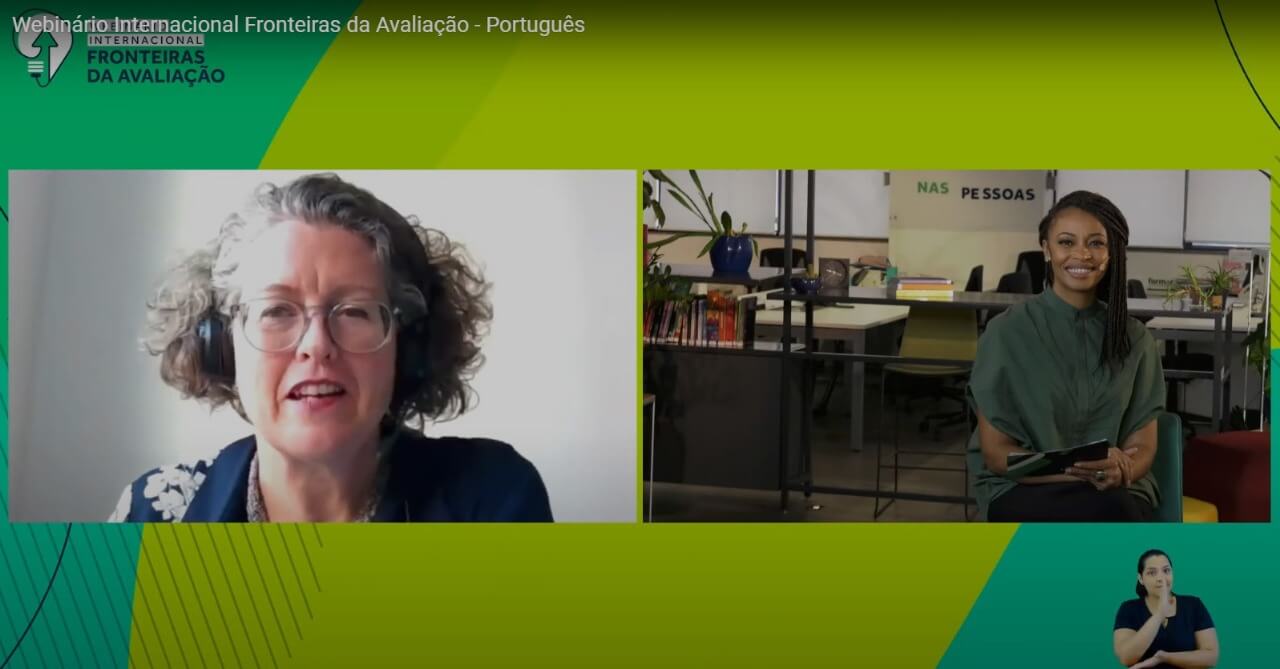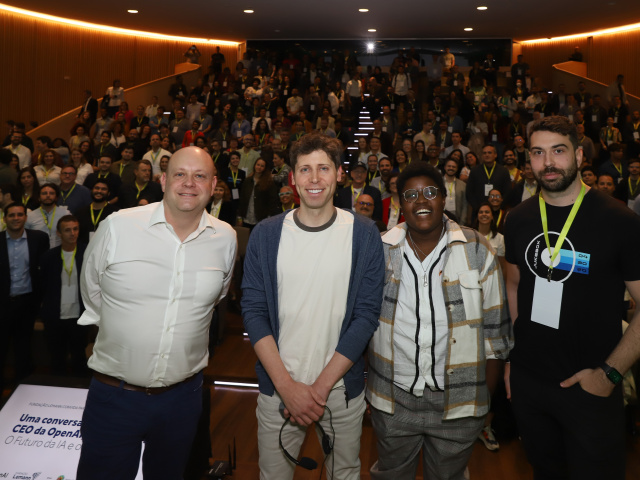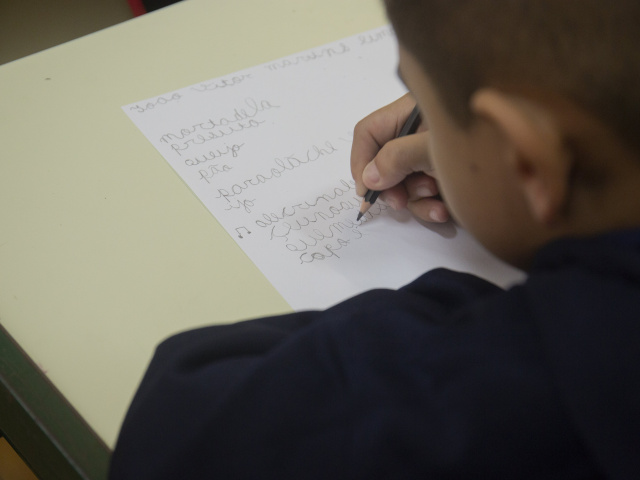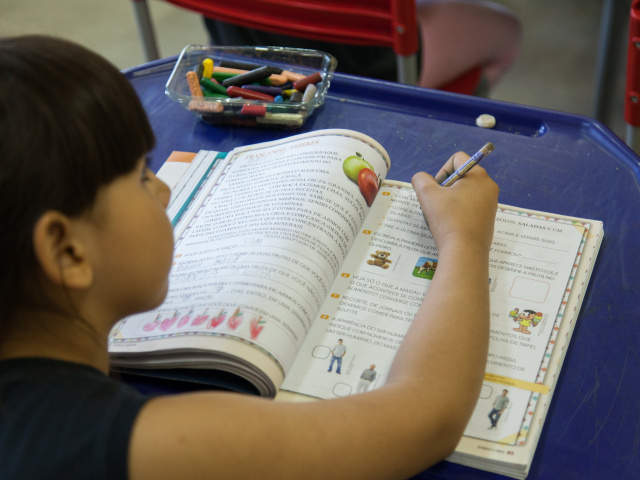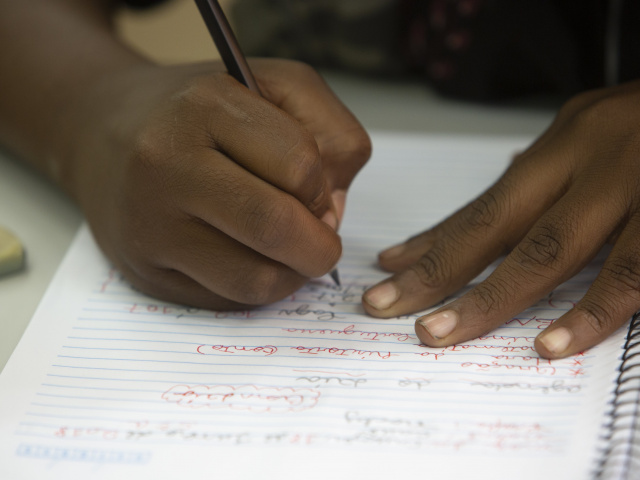Held by the Lemann Foundation, the International Webinar #FronteirasDaAvaliação (Frontiers of Assessment, in Portuguese) brought together education specialists from Brazil and Colombia and the Director of Education at OECD, Andreas Schleicher.
The panel elaborated on what Brazil has already achieved in standardized assessments and educational indexes, but also looked into what may lie ahead in terms of new possibilities. In the words of Camila Pereira, our Director of Education, "We wish to celebrate the assessment system built in Brazil in the last few decades, but at the same time instigate you all to think what the future can look like".
Diving into what the future of assessment might look like, Director of Education at OECD, Andreas Schleicher, shared some of his thoughts. "The easiest things to test and teach are now easy to automatize. The future brings us more complex ways of thinking — and assessing, as a consequence".
For Ximena Duenas Herrera, Education specialist at the Inter-American Development Bank, working simultaneously with different forms of assessments is what can change the game: "It would give us information that'll allow us to tackle the issue from the beginning and improve from there".
The webinar also brought the effects of the #COVID19 pandemic on education and our school systems to the table. How can our teachers handle that? How can we take students drop-out to a halt? And finally, what can we learn from this worldwide sudden need for remote learning?
Joanne Caddy, Leader for '"PISA for Schools" at OECD, raised awareness on the need for cooperation among teachers, schools, communities, and authorities to tackle the gaps in learning that the pandemic will leave us with.
On the drop-out subject, Maria Helena Castro, ABAVE's CEO, the message that students will be able and supported to regain their learning needs to be as clear as possible in any back-to-school program.
Maria Cecília Motta, Head at the National Board of Education Secretaries in Brazil, mentioned the need for a social-emotional approach to assure learning. She also said a policy to address that in every school and education secretary in the country is under evaluation, to minimize possible gaps between students from different backgrounds.
On that, according to Schleicher, "the #COVID19 pandemic made it even clearer that somethings are caught not taught", and that education specialists need to become more innovative to measure social and emotional competence. Also, the Director of Education at OECD made a point that "Technology has an important role in improving learning experiences, and assessments need to keep up with this transformation".
